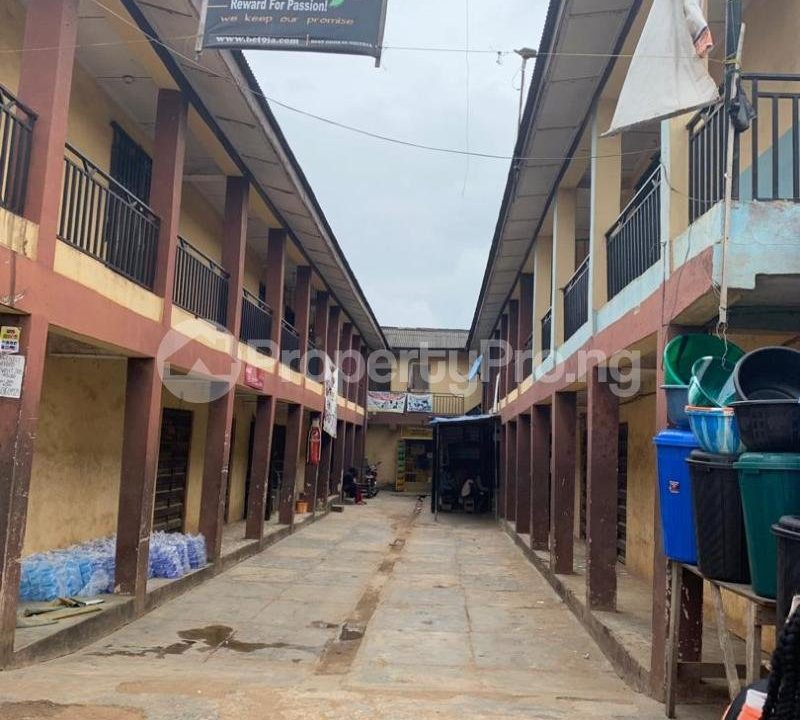
Introduction
The MEVN stack is a popular JavaScript stack for building dynamic web applications. It is increasingly being covered in professional technical courses such as a full stack developer course in Bangalore and is currently, one of the skills in high demand among full stack development professionals. MEVN stands for MongoDB, Express, Vue.js, and Node.js and offers a full-stack development solution. This article contains a description of a breakdown of each component and also explains how these components work together.
Components of MEVN
Here is a comprehensive description of the components that comprise MEVN. It is recommended that developers planning to enroll in a Java full stack developer course acquire some conceptual knowledge of the technology they are planning to learn. This is especially true of complex tools like the MEVN stack.
MongoDB (Database)
MongoDB is a NoSQL database that stores data in a flexible, JSON-like format called BSON (Binary JSON). Unlike traditional relational databases, MongoDB does not rely on predefined schemas, allowing for dynamic and adaptable data structures, making it ideal for handling unstructured or semi-structured data. It offers high scalability, and horizontal scaling through sharding, and supports a wide range of data types. MongoDB provides robust querying capabilities, indexing, and aggregation features, enabling efficient data retrieval and manipulation. It’s designed to handle large volumes of data and high traffic, making it a popular choice for real-time applications, content management systems, and big data projects. As an open-source database, MongoDB is widely used in modern web development and big data applications.
Express (Backend Framework)
Express is a lightweight and flexible Node.js web application framework used in the MEVN stack for building backend services and APIs. It simplifies server-side development by providing a robust set of features for handling routing, middleware, and HTTP requests. Express allows developers to create RESTful APIs efficiently, making it easy to connect the frontend (Vue.js) with the backend. Its minimalistic design offers flexibility, letting developers integrate additional libraries as needed. With strong community support, extensive documentation, and easy integration with MongoDB through libraries like Mongoose, Express is a popular choice for building scalable and maintainable web applications in the MEVN stack.
Vue.js (Frontend Framework)
Vue.js is a progressive JavaScript framework used for building interactive user interfaces, particularly single-page applications (SPAs). It offers a reactive, component-based architecture, making it easy to develop reusable and maintainable UI components. Vue’s simplicity, flexible integration, and two-way data binding make it ideal for both small projects and complex applications, fitting seamlessly into the MEVN stack for front-end development.
Node.js (Runtime Environment)
Node.js is a server-side runtime environment that allows JavaScript to run outside the browser, using the V8 engine. It’s event-driven, non-blocking, and handles multiple connections efficiently, making it ideal for building scalable, real-time applications. In the MEVN stack, Node.js enables backend development using JavaScript, allowing seamless integration with Express, MongoDB, and Vue.js for full-stack web applications.
How the MEVN Stack Works Together
MongoDB serves as the NoSQL database, storing data in a flexible, JSON-like format. Express.js is the backend framework that handles HTTP requests and connects the database to the front end. Node.js provides the runtime environment for executing server-side code. Vue.js manages the front end, offering a reactive and component-based structure for building user interfaces. For developers who have acquired the skills to use MEVN by attending a Java full stack developer course, it provides a smooth, end-to-end JavaScript development experience, enabling rapid, scalable, and efficient web applications.
- Frontend (Vue.js): A progressive JavaScript framework for building user interfaces, particularly for single-page applications (SPAs). It handles the user interface and communicates with the backend via HTTP requests.
- Backend (Express + Node.js): Processes requests from the front, interacts with the database and sends back responses. Comprises two components: Express, a minimal and flexible Node.js web application framework that provides a robust set of features for building web and mobile applications, and Node.js, a runtime environment that allows developers to run JavaScript on the server side, enabling the development of both frontend and backend using the same language
- Database (MongoDB): This NoSQL database stores data in flexible, JSON-like documents, making it easy to work with and scale. It stores and retrieves data as needed by the application.
Advantages of the MEVN Stack
The MEVN stack offers several advantages for modern web development making it a much sought-after learning in any Java full stack developer course. It enables seamless communication between frontend and backend, simplifying development and reducing context switching.. The MEVN stack’s open-source nature and large community support make it cost-effective, while its adaptability and efficiency enable rapid prototyping and deployment of full-stack applications. From a developer’s point of view, the major advantages MEVN offers are:
- Full-Stack JavaScript: Developers can use JavaScript for both the client side and server side, leading to more efficient development.
- Scalability: MongoDB and Node.js are highly scalable, making the MEVN stack suitable for building large-scale applications.
- Component-Based Development: Vue.js allows developers to create reusable components, improving code maintainability.
Conclusion
The MEVN stack has extensive applications in real-time applications (chat apps, collaborative tools), e-commerce platforms, content management systems (CMS), and single-page applications (SPAs).
By leveraging the strengths of each technology, the MEVN stack offers a versatile and efficient way to build modern web applications. It is a great choice if you want to develop a full-stack app using JavaScript from top to bottom. For developers, enrolling in an advanced technical course such as a full stack developer course in Bangalore that offers extensive coverage on MEVN is a career option that is bound to stand them in good stead in their professional roles.
Business Name: ExcelR – Full Stack Developer And Business Analyst Course in Bangalore
Address: 10, 3rd floor, Safeway Plaza, 27th Main Rd, Old Madiwala, Jay Bheema Nagar, 1st Stage, BTM 1st Stage, Bengaluru, Karnataka 560068
Phone: 7353006061
Business Email: enquiry@excelr.com




